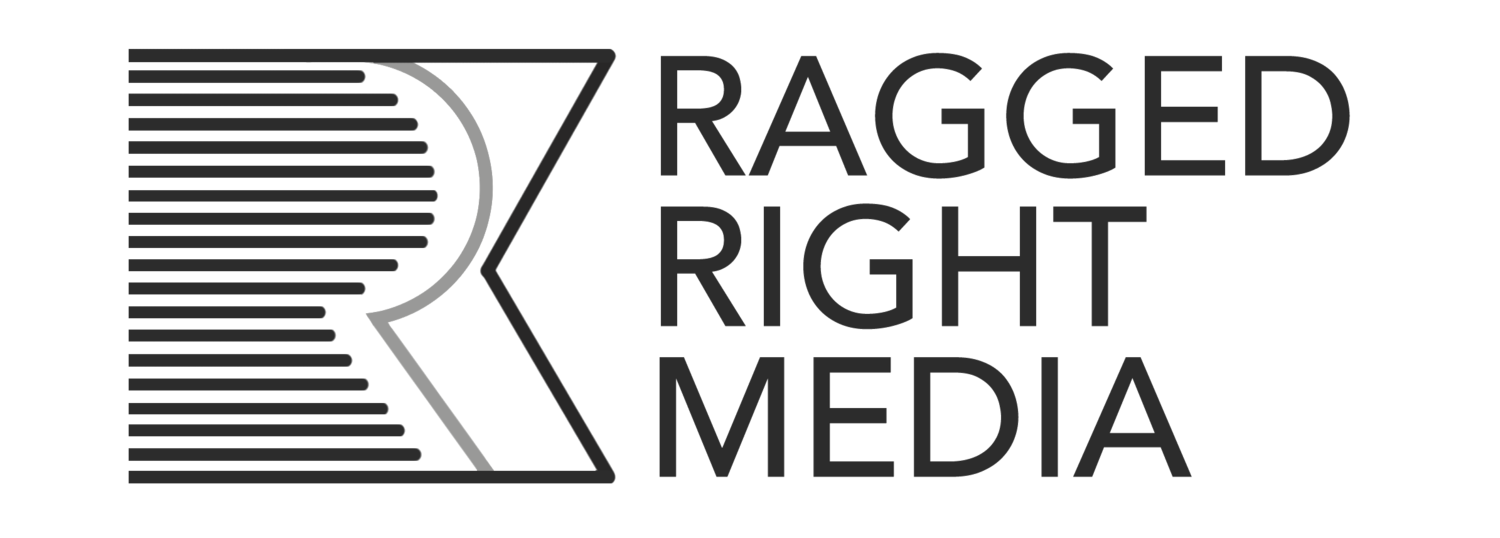“There’s a lot of luck involved” was the initial consensus among a panel of comic industry veterans at this year’s Chicago Comic and Entertainment Expo (C2E2) on what it takes to break into the comic industry. Everyone who’s ever dreamed of writing a comic, authoring a book, or making a movie has likely heard something similar.
Yet as the C2E2 panelists, which included an editor and illustrators, elaborated, it was clear their success went far beyond luck, and in fact, their individual stories had a lot in common and helpful advice for aspiring creatives in any field.
After hearing first-hand from these artists, recently learning more about careers in the film and TV industry, and years of novel writing and life as an indie author, I couldn’t help but begin to notice the similarities in many people’s steps to success.
Years of hard work and seemingly spinning one’s wheels before “breaking in” sounded something like this:
Step 1 – Create (aka Get to Work)
If you want to be a writer, write. If you want to be an illustrator, illustrate. You get the idea.
Like the adage of “dressing for the job you want”, especially for careers in the entertainment industry, it’s crucial that first you prove you can not just do the job – but do it better than most – before you stand a chance at actually getting it.
The only way to do this is by doing it. Hone your skills through years of practice and build a body of work, whether that’s short stories or novels, comics, or short films. You’re only as good as what you’ve created, so get started!
Step 2 – Publish
What’s a writer without a book, or a filmmaker without a movie? Being a professional means not merely creating, but also publishing your work in a place where it can be consumed by the public. Otherwise, it’s a hobby. And hobbies are awesome (and way less stressful).
Publishing your work – the good stuff (get somebody else’s opinion, trust me) – is key. You can’t “be discovered” if you don’t exist.
For writers, that could mean a serial on a blog or novel on Amazon. For comic creators, it could be sketches on Tumblr and Instagram or longer-form webcomics, all options recommended by the folks on the C2E2 panel I attended. Whoever you are, find the format that’s right for you.
Yes, promoting your work is another complex issue altogether, but getting it out there is an important first step.
Step 3 – Make Connections
Like any profession, networking is necessary. If you’re actively promoting your work on social platforms, use them also as avenues to connect with other artists. Use tools like MeetUp or search events on Facebook to find where your people gather and join them. You might even consider joining a shared workspace to meet and learn from other creators like yourself and get inspired by their work.
If this advice sounds intangible and difficult – just like traditional white-collar networking – that’s because it kind of is. However, you’ll learn more and faster from others and sharing your experiences than trial and error on your own. Plus, the connections you make will open up doors for you down the road, if they’re genuine and rooted in mutual respect.
Step 4 – Approach the Gatekeepers
Eventually getting on the radar of your industry’s gatekeepers and wowing them is the front door most creators will have to go through to break into their industry, unless you become an online indie sensation (the back door).
To succeed, you’ll need the skills you’ve honed through practice, a body of exemplary work to show through your personal publishing, and ideally a referral or recommendation thanks to the connections you’ve made.
Everyone’s gatekeepers are different, but in many cases you’re going to be sending your work to agents first if you hope to attract the attention of big publishers or producers. Otherwise, you’re going direct to smaller presses (seemingly less of an option for TV and film due to the products’ production costs).
Depending on how many times you’ve gone around the wheel, you might (i.e. probably will) fail the first time out of the gate. Everyone has their own rejection story (even J.K. Rowling). All you do is start again, getting better each time.
...And Repeat
I remember deciding not to pursue publishing the first novel I’d written, and it felt like a huge failure. Yet the next time around, I wrote, and ultimately published, a much more satisfying book (The Gertrude Threshold) that I could be proud of. You can’t be afraid to begin again, or as one of the panelists put it, “Don’t be disenchanted if things don’t go right right away.”
Special thanks to Sierra Hahn at BOOM! Studios, Ian Herring, Royden Lepp, and Ramon Perez for taking their time to share their stories at C2E2 on this topic, as their wise words were really the catalyst for writing this post and attempting to connect the dots.
Additional Recommended Reading
Write to TV by Martie Cook
Crafty TV Writing by Alex Epstein
APE: Author, Publisher, Entrepreneur by Guy Kawasaki and Shawn Welch
-Christopher Brooks is the author of The Gertrude Threshold: A Novella, which is published by Ragged Right Media and available on Amazon starting at $0.99.

